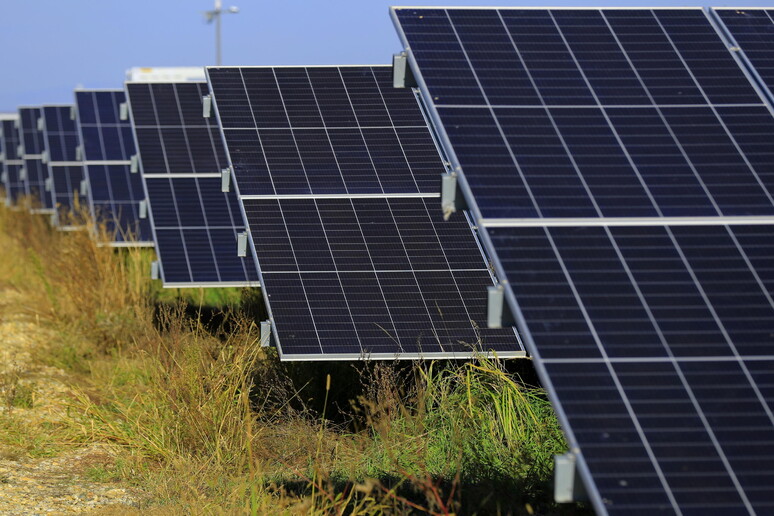In the United States, the nightmare of technological interference has resurfaced in the form of tiny devices embedded within clean energy infrastructures. According to an investigation conducted by the news agency Reuters, some solar power inverters produced in China reportedly contain so-called “kill switches,” that is, switches capable of shutting down or sabotaging the operation of the electrical grid, a silent but potentially devastating threat.
According to anonymous sources, some of these devices, particularly inverters and storage batteries, have been found to contain “rogue communication mechanisms,” including cellular radios capable of interacting with unauthorized external systems. Experts warned in the report that such apparatus could be exploited to destabilize power grids on a large scale, causing widespread blackouts. One analyst stated that there exists an integrated way to “physically destroy the grid,” a prospect that significantly raises the national alarm level.
The U.S. Department of Energy has nonetheless adopted a cautious stance, affirming that, although there is no evidence of malicious intent in the examined tools, it remains essential for buyers to have full awareness of the technological capabilities of the imported products. Transparency, in this context, becomes an indispensable requirement to ensure security.
Beijing reacted strongly to the accusations. The Chinese embassy in Washington described the report as “distorted” and accused the United States of baselessly defaming the achievements of China’s technology industry. The Chinese Ministry of Commerce also rejected the criticisms, arguing that American concerns are entirely unfounded and that the whole accusatory framework represents an attempt to politicize and militarize economic and trade issues. In an official statement, China declared that it will take “all necessary measures to safeguard the rights and interests of its enterprises.”
The geopolitical context adds further tension. In December, the People’s Republic of China strongly disapproved of a defense bill passed by the U.S. House of Representatives, which allocates 3 billion dollars to remove telecommunications equipment, including those from Huawei and ZTE, from American infrastructures. According to Beijing, the measure represents yet another step toward global digital fragmentation.












